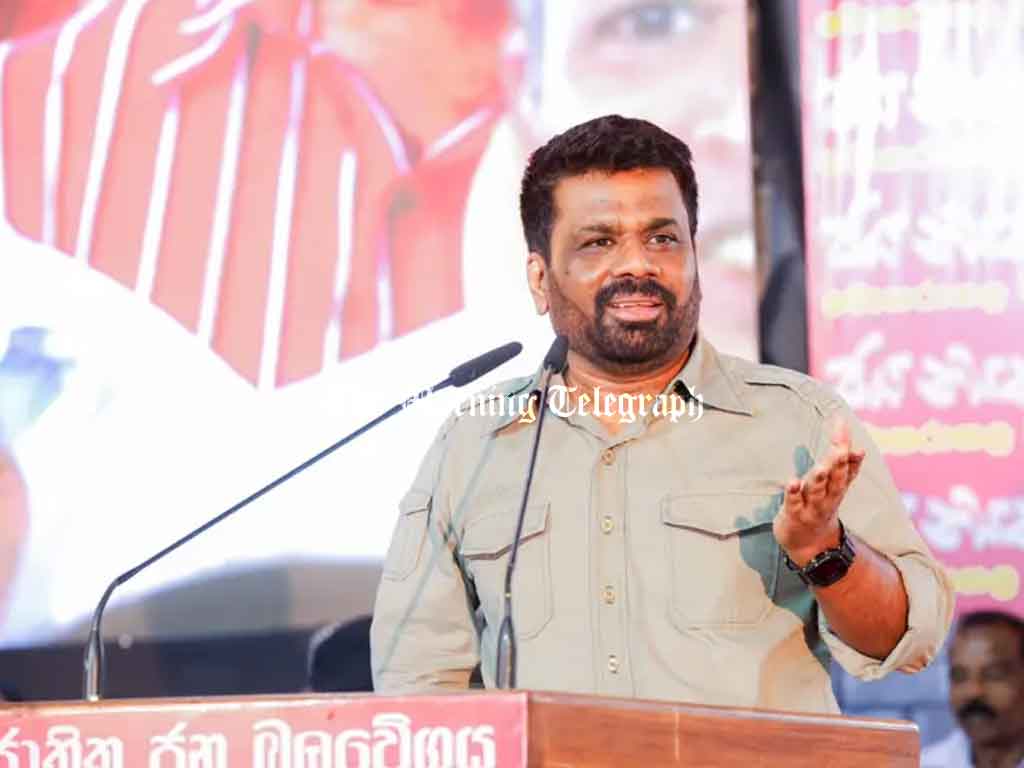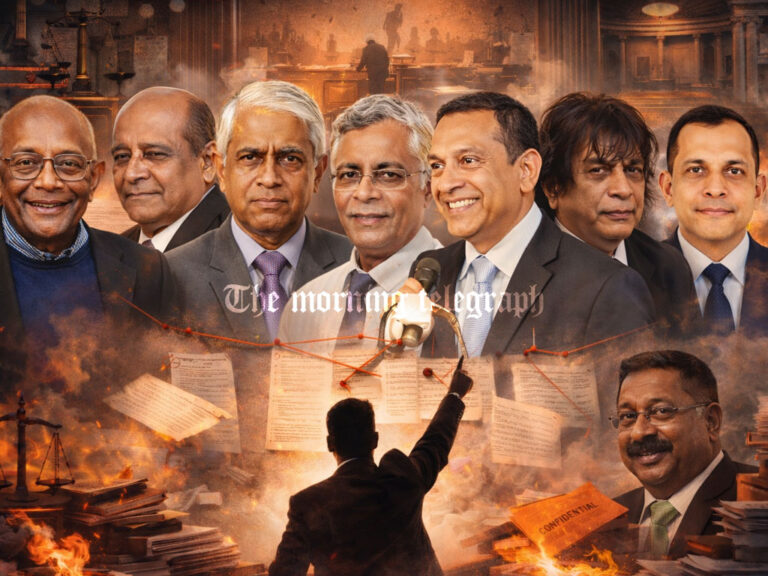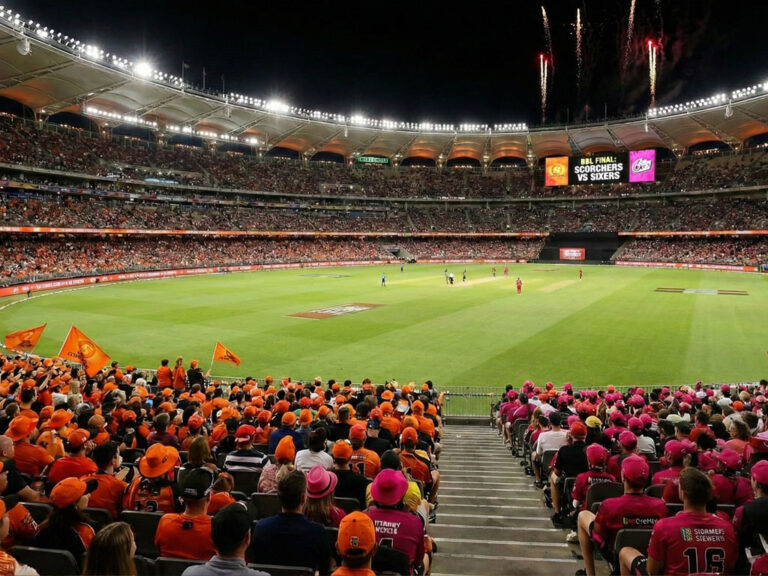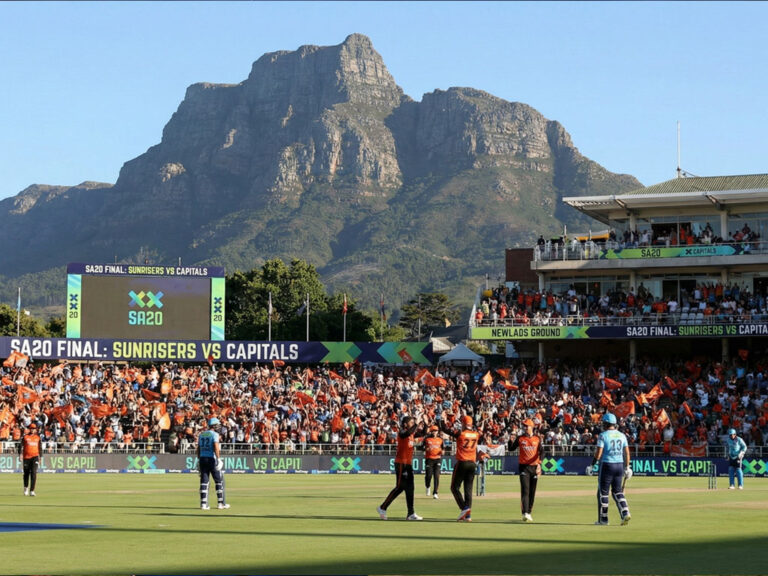
With the provincial elections just a month away, political parties in Sri Lanka are actively campaigning to consolidate their support. The ruling party, the National People’s Power (NPP), is leading the charge with rallies and events across the country.
As part of this campaign, the NPP organized a series of public rallies in the Southern Province. President Anura Kumara Dissanayake participated in several of these rallies and delivered speeches. Of particular note is a speech he gave in Weligama on March 31, which has since drawn attention and criticism. A formal complaint has been submitted to the Election Commission regarding the contents of this speech.
In his remarks at Weligama, President Dissanayake said: “The council should be convened and discussed, what should be done in this province next year. How much money can be spent by the municipal council? How much can be spent by the local council? How much is needed from the central government? Send it to us.”
He added, “But, we are looking at who is sending the proposals. Why is that? If this local council, the municipal council is in the hands of the National People’s Power, we have no doubts about the proposals. Others have names, you know how friends work. They ask us to put concrete on the road, but we go home more. If that happens, we will not give money…. If we want to send it, we need to hand over the local council to a group that does not cheat and does not waste money. There are not many groups. The only one who is there is the National People’s Power.”
He continued, “That is why we need to hand over the local council, we need enough confidence to approve the proposals without reading too much when the proposal comes. The money allocated nationally and the money collected should be sent to the Municipal Council carefully and the work of the Pradeshiya Sabha should be done by the National People’s Power. This time, the Pradeshiya Sabhas should be filled by the members of the National People’s Power.”
Following this, Theekshana Gammanpila, Vice Chairman of the United Republic Front, lodged a complaint with the Election Commission, claiming that the President’s statement could influence voter behavior. He said, “He is implicitly making a small noise to the voters of this country. That is, ‘Give the votes to the compass, send the compass people to the local government institutions, otherwise you cannot get the work done in the village,’ says Anura Kumara Dissanayake. People should have the right to vote freely. The vote cannot be influenced like that. The president cannot have such an influence. If there is an opportunity to have such an influence, the outcome of this election may change.”
Dr. Niluka Priyadarshani, a senior lecturer in the Department of Political Science at the University of Sri Jayewardenepura, stated that the President’s comments amounted to psychological pressure on voters. “I see it as something that should not be said. If the political culture is to be brought to a good level, such a statement is not good at all. It will affect the voters here. If these guys are not appointed and sent, our province will not develop, we will not get provisions. So we may think that we should give them. It is really a kind of psychological pressure,” she said.
She added, “Usually, when provisions are allocated to local government institutions, it is done in a way that benefits the ruling party. But it is not appropriate to publicly declare such a thing. It could also be the idea that we have done this and that, threatening to vote without having anything to say. Those guys have not gone to the level of questioning what they presented in their policy statements, what they said before coming to power, and what they are doing now. Therefore, they are influencing the minds of the common people.”
However, National People’s Power MP Lakmali Hemachandra defended the President’s statement. She argued that there was nothing wrong with pointing out the need to elect honest candidates. “The President did not say that thieves should not be sent to the Pradeshiya Sabhas. So I do not think there is a big problem with that. That is not our position anyway, saying that thieves should not be sent. I do not think anyone has anything to object to that. But the Election Commission has the power to find out if it will have an impact.”
Manjula Gajanayake, Executive Director of the Institute for Democratic Reforms and Election Studies, criticized the President’s statement as politically immature. He suggested the remarks may have stemmed from declining support for the ruling party. “With the Weligama statement, several doubts arise about this election process. One is that the pressure and loss of popularity on the ruling party at any time is in a way very natural. The reputation that was accumulated while in opposition is difficult to regain when the ruling party comes. They have to use some special power to regain it. That is perhaps why the Executive President was motivated to make that statement.”
He continued, “As observers of the Weligama statement, a situation that has been experienced throughout the past is that the ruling party has not provided relevant funds to other parties. In most cases, the money was distributed only among the members of the chairman’s party. This statement echoes that situation in a different way. The public may have a certain opinion that voting for another party is a bad idea given the enormous power that the ruling party representing the president has received, and that the mechanism for distributing funds is with the National People’s Power. That is a lie. Sri Lanka is a country where power is devolved. Accordingly, decisions should always be implemented, based on common norms. But unfortunately, what is happening in Sri Lanka is that there is no legal process for distributing funds even to local government institutions. This is the loophole that the president is exploiting.”
Gajanayake further stated, “But we see this statement as a very childish statement. He has been expressing his views in a very mature manner recently. However, in this case, the maturity he actually had and the patience that a politician should naturally develop have clearly been lost through this statement.”
He noted that while it is not wrong for a President to campaign for their party, it is inappropriate to make statements that may psychologically influence voters. He called for a dignified response from the Election Commission. “I think the Election Commission should send a signal to the Executive President in the face of such statements, and that the Election Commission should create awareness that it is somehow affecting the health of the pre-election campaign period. As election observers, we hope that the Election Commission will act with enough dignity to make such a statement in the face of the Executive President.”
When contacted, the Director General of the Election Commission, Saman Sri Ratnayake, responded to the complaint by stating, “Anyway, what the party in power is saying at a political meeting is not just asking for votes. The opposition party is not asking for the same thing. If it is a party meeting, we have nothing to say. I will see what the complaint is.”
As the election date approaches, the implications of the President’s remarks in Weligama may continue to stir debate and scrutiny from political analysts, civil society, and the general public alike.




